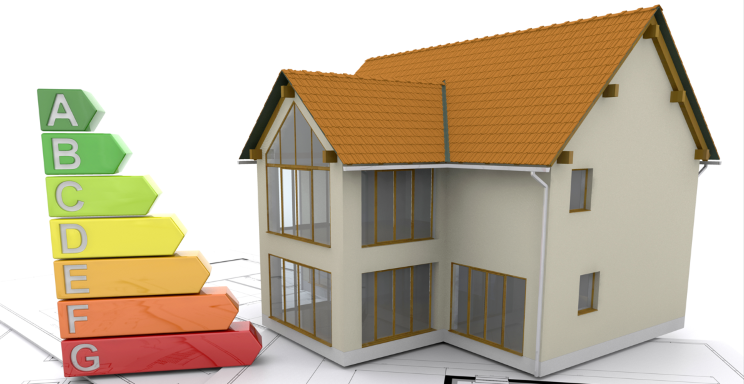The European Green Deal aims to achieve carbon neutrality by 2050. As buildings account for 43 % of final energy consumption in the EU, mostly for heating, reducing GHG for heating buildings is an important aim of the energy policy in the EU [1].
With the new version of the EPBD (Energy Performance of Buildings Directive)[2], the EU Commission intends to phase out fossil fuel in heating and coolingin new buildings and in buildings undergoing major renovation or heating system replacement. The initial proposal for a recast regulation (Building Energy Act [3]) in Germany, according to which each newly installed heating system must be powered by at least 65 % renewable energy from January 2024, has raised a strong public debate in 2023. The role of energy efficiency measures in the building sector has rarely been explored in this public discussion, even though the Building Energy Act (BEA) not only regulates heating systems, but also the energy efficiency of the building envelope.
This highly politicized debate in Germany has, on the one hand, created the impression that relying solely on new renewable heating systems can drive the decarbonization in buildings. On the other hand, the limited number of heating technologies that meet the requirements of the BEA and different consumer experiences contribute to uncertainty among building owners. This often leads to delays in implementing energy efficiency measures and replacing heating systems, both of which are crucial to achieving the goals of the European Green Deal.
Recognizing that the focus of this discussion should be on scientific facts rather than on any public political awareness, EPPA (European Trade Association of PVC Window System Suppliers), European Aluminium Association and EuroWindoor engaged Fraunhofer IBP to conduct a comprehensive literature review of key research studies addressing the economic, societal and other multiple aspects of energy efficient renovation and the renewable energy use. Additionally, the role of windows in the context of the entire building envelope in energy efficient building renovation is to be identified from the existing research studies.
The first objective of this project is to provide an overview of the state of knowledge on the multiple impacts of energy efficient measures (demand side) and the use of renewable energy (supply side) in the building sector to achieve the zero-emission for heating in buildings. The second objective of this project is to present a comprehensive literature analysis of the contribution of windows to energy efficient renovations of building envelopes in the EU.
For the full article follow the link:
